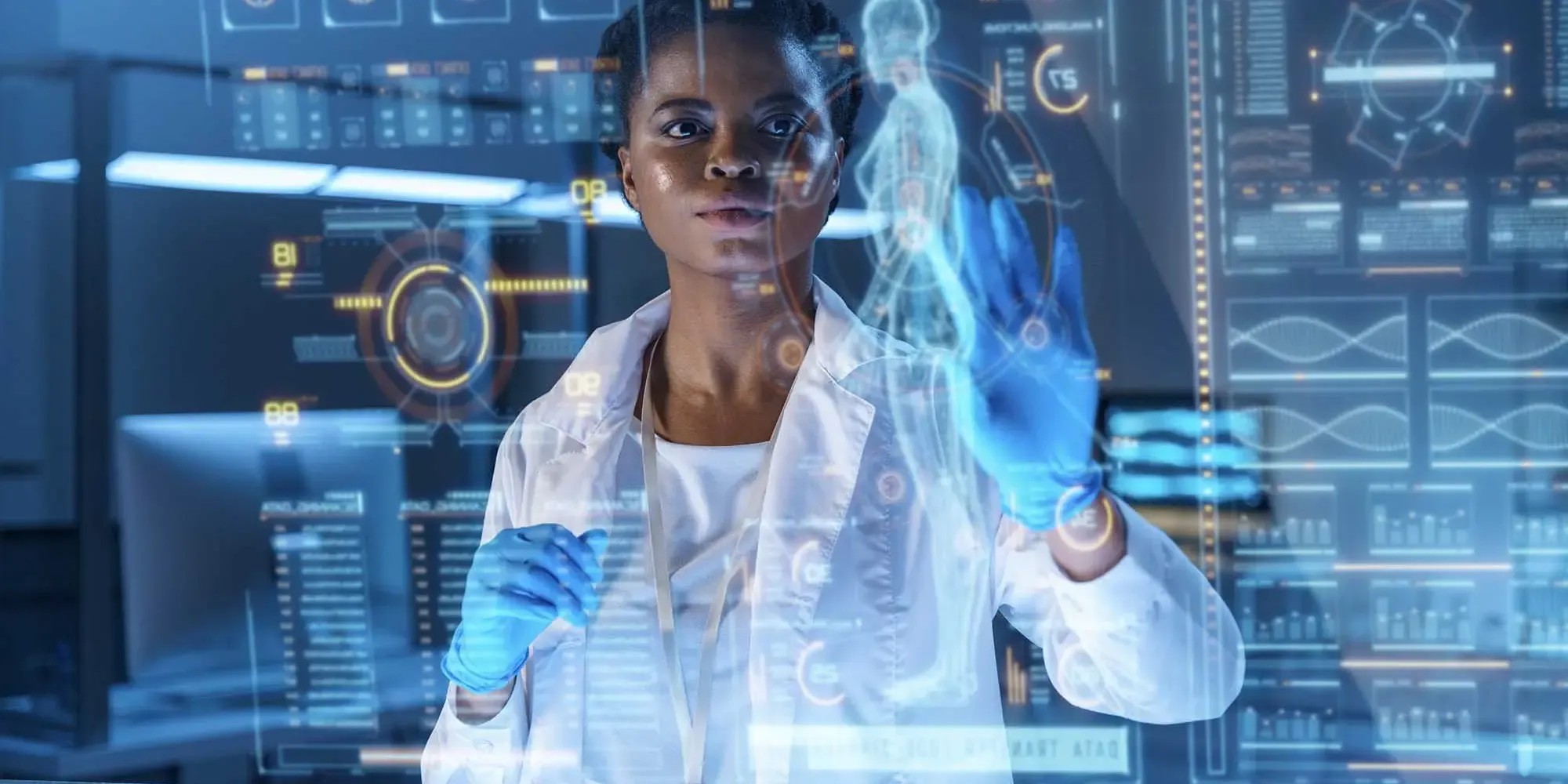
Carnegie Mellon: Powering the Future of Healthcare
Known for producing world-class talent and game-changing startups, Carnegie Mellon University is using its expertise in artificial intelligence, robotics, engineering and data science to make Pittsburgh a leader in life sciences innovation.
“At Carnegie Mellon, we direct our research strengths to where they can have the most impact — whether that’s harnessing AI to transform healthcare, advancing robotics for safer work environments, or applying data science to strengthen national security," said Theresa Mayer, vice president for research. "Our commitment is to translate discovery into impact, ensuring that innovation improves lives in Pittsburgh and far beyond.”
Artificial intelligence is deeply integrated into the university’s health-related research, like tools that can predict hospital readmission or model cancer at a genomic level. In partnership with UPMC and Pitt through the Pittsburgh Health Data Alliance, CMU researchers are building real-time, data-rich systems to improve patient care and operations — like personalized cancer-risk tools and smarter logistics for in-home care.
That spirit of challenge-driven innovation drives CMU’s AI-enabled autonomous laboratory in Pittsburgh’s Bakery Square neighborhood. Integrating AI and automation with off-the-shelf and custom-built instruments, researchers there are reimagining the future of discovery in chemistry, chemical synthesis, analytical science and cell biology. The lab serves as a testbed for how autonomous systems can speed breakthroughs across health and the life sciences.
CMU engineers are also creating the next generation of medical devices: smart tattoos that monitor health, exoskeletons that restore mobility, and wearable sensors that track dietary behavior with clinical-grade precision. The Medical Robotics group develops miniature surgical robots and handheld instruments that cancel hand tremors during microsurgery, extending surgeons’ skills and improving patient outcomes. Meanwhile, the Bioelectric Medicine Initiative, with support from the Advanced Research Projects Agency for Health (ARPA-H), is accelerating the development of implantable, cell-based bioelectronic devices that deliver patient-specific therapy and monitor disease status.
Across these efforts, CMU research brings together computer scientists, engineers, neuroscientists, policy experts and ethicists. “Complex problems in healthcare and life sciences can’t be solved by a single discipline," said Mayer. "We bring together diverse perspectives and expertise to accelerate discovery and turn research into real-world solutions.”
This thinking powers initiatives like the Bioengineered Organs Initiative, where bioengineers, materials scientists and clinicians collaborate to design 3D-printed, transplant-ready organs, or the Delphi Research Group, whose predictive models set new global standards for pandemic forecasting.
An entrepreneurial mindset is another hallmark of CMU’s healthcare innovation. Researchers and students don’t just publish papers — they build companies, develop market-ready technologies, and partner with industry, government and hospitals to push innovations into the field. Spinouts like Abridge, which uses AI to generate clinical documentation from doctor-patient conversations, and BioHybrid Solutions, which develops protein-based materials for advanced therapeutics, are already translating making an impact beyond the lab.
Crucially, CMU doesn’t just ask what technology can do, but what it should do. With global leadership in AI ethics, cybersecurity and data privacy, the university ensures that digital health advances are trustworthy, secure and accessible to all.
This isn’t a future-tense story. It’s work happening in Western Pennsylvania today. As computing, biology and patient care come together, CMU is delivering breakthroughs that improve lives and position Pittsburgh as a leader in global healthcare innovation.
CMU initiatives:

